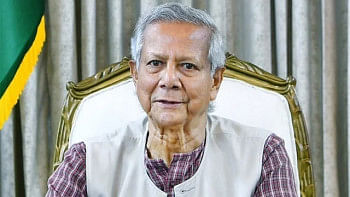Energy reforms are long overdue

The Awami League government's questionable policies in the power and energy sector badly affected the economy over the last 15 years, prompting experts to frequently call for reforms but to no avail. Now that the interim government has taken charge, we hope to see the initiation of some much-needed actions in that regard. The three-step proposal given by the Centre for Policy Dialogue (CPD) shows where the focus should be. It has put forth a 100-day plan highlighting the key priorities, followed by significant reforms stretching over the next six months.
In particular, four acts and policies highlighted by the CPD need immediate revisions since those were made primarily to benefit vested interest groups. For instance, through the enactment of the Quick Enhancement of Electricity and Energy Supply Act, also known as the Indemnity Act, the erstwhile government awarded public works to conglomerates without issuing any tender notices, while no public procurement rules were followed either. This act should be repealed immediately. The other acts that need revisions are the Bangladesh Energy Regulatory Commission (BERC) Act, the Renewable Energy Policy, and the Integrated Energy and Power Master Plan (IEPMP).
The need for the BERC to operate independently cannot be stressed enough. The amendment to the relevant act, done in 2022 to empower the government to set power and energy tariffs on its own under "special circumstances," without holding any public hearing, was a shady decision that frequently shot up energy prices. This needs to change. In addition, the IEPMP needs to be revised because the government allegedly projected faulty energy and power demand in it. Moreover, the suggestion to link the Sustainable and Renewable Energy Development Authority with the chief adviser's office also deserves consideration, as it will hopefully speed up phasing out of the fossil fuel-based power plants.
Phasing out the inefficient power plants should be another goal for the interim government. According to the CPD, the Awami League government paid a total of around Tk 105,000 crore as capacity payments to power plant owners in the 14 years up to August 2023, which is outrageous. So much money was squandered while citizens were either deprived of power or forced to pay exorbitantly for it. Revising the power purchase contracts and incorporating a "no electricity, no pay" clause will lessen the burden of capacity payments.
These are just a few key areas that need immediate attention from the interim government. There are many other short- and long-term suggestions given by the CPD which are quite well-thought-out, and can, if properly implemented, ensure competition, efficiency, transparency and accountability in the power and energy sector.


 For all latest news, follow The Daily Star's Google News channel.
For all latest news, follow The Daily Star's Google News channel. 











Comments